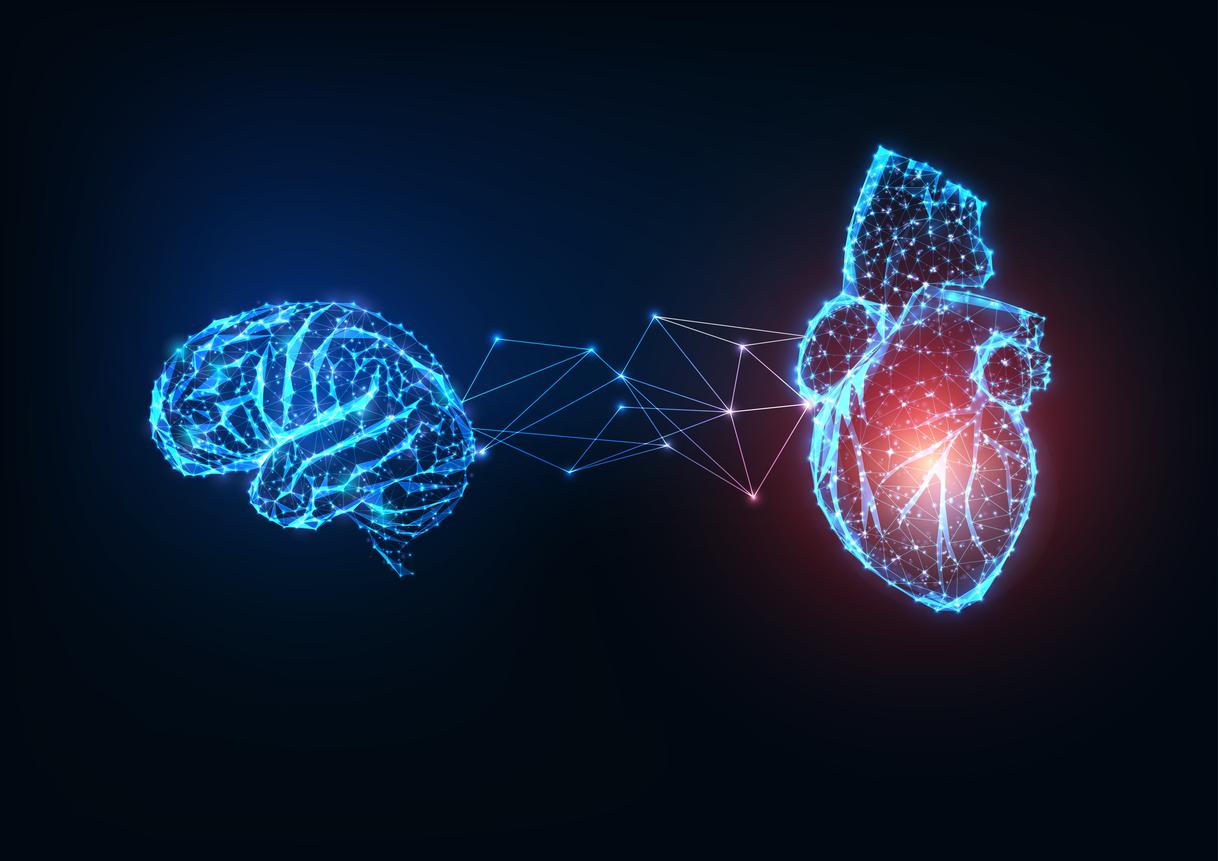Certain areas of the hippocampus, a brain region crucial for memory, become silent during sleep, allowing neurons to reset and be able to process other memories the next day.

- Learning or experiencing new things activates neurons in the hippocampus, a region of the brain vital for memory. Later, when we sleep, these same neurons repeat the same pattern of activity. This is how the brain consolidates memories, which are then stored in an area called the cortex.
- “But how is it that we can continue to learn new things the next day, throughout our lives, without exhausting all our neurons?” scientists ask.
- At times during deep sleep, parts of the hippocampus “shut down,” allowing these neurons to reset. “This mechanism could allow the brain to reuse the same resources, the same neurons, for new learning the next day.”
A good night’s sleep not only restores the body’s energy, but also resets another vital function: memory. This is what neurobiology researchers at Cornell University in the United States have observed, publishing their results in the journal Science.
Learning or experiencing new things activates neurons in the hippocampus, a region of the brain vital for memory. Later, when we sleep, these same neurons repeat the same pattern of activity. This is how the brain consolidates memories, which are then stored in an area called the cortex. “But how is it that we can continue to learn new things the next day, throughout our lives, without exhausting all our neurons?”scientists ask in a press release.
Electrodes implanted in mouse hippocampi
Answer: At times during deep sleep, parts of the hippocampus “shut down,” allowing these neurons to reset. “This mechanism could allow the brain to reuse the same resources, the same neurons, for new learning the next day.”explains Professor Azahara Oliva, lead author of the study.
The hippocampus, he recalls, is divided into three regions: CA1, CA2 and CA3. We know that CA1 and CA3 are involved in the encoding of memory related to time and space, but the role of the CA2 region was until now less known. The researchers therefore implanted electrodes in the hippocampi of mice in order to record their neuronal activity during learning and sleep. They were able to observe that, during sleep, the neurons in the CA1 and CA3 areas reproduce the same neuronal patterns developed during learning during the day. But the researchers were concerned about how the brain continues to learn every day without becoming exhausted and running out of neurons.
A memory reset during sleep
“We realized that there are other states that occur in the hippocampus during sleep, where everything is silenced, explains Azahara Oliva. The CA1 and CA3 regions that had been very active were suddenly quiet. This is a memory reset, and this state is generated by the middle region, CA2.” The researchers discovered in parallel that the brain has parallel circuits regulated by two types of neurons: one that regulates memory, the other that allows memory resetting.
This study helps explain why all animals need sleep, not only to consolidate memories, but also to reset the brain and keep it functioning during waking hours. “Memory is a dynamic process”concludes the professor.















